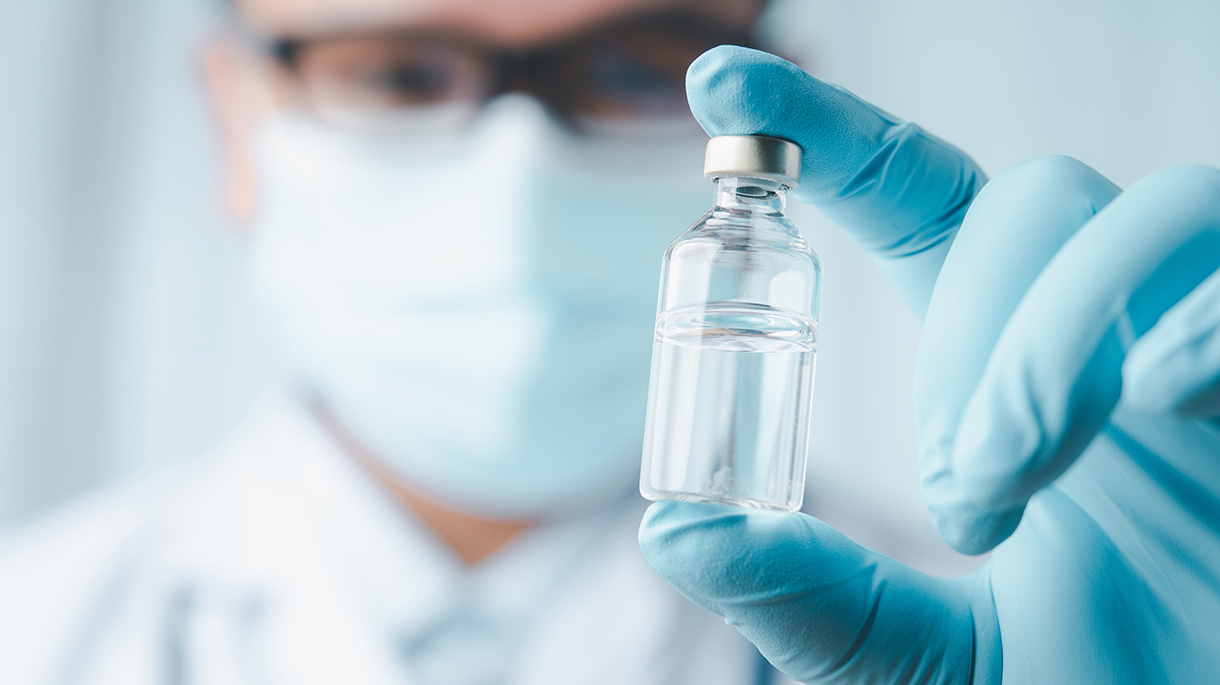
What are biosimilars?
Biosimilars (buy-oh-sim-ill-ers) are medications that are highly similar to biologics and have no clinically meaningful difference as compared to their reference biologic. Some examples of biologics are insulin, hormones and vaccines. Biologics have been approved by the U.S. Food and Drug Administration (FDA) to treat conditions like Crohn’s disease, rheumatoid arthritis, ankylosing spondylitis, diabetes and more.
Biosimilars work the same way as biologics. Biosimilars are taken the same way and have the same possible side effects. They also need to be approved by the FDA.
Biosimilars may cost less than biologics and may provide greater access to biologic and/or biosimilar treatment options. When there is more than one medication available to treat a condition, the drug pricing usually becomes more competitive.
Do all biologics have a biosimilar?
No. More biosimilars are being developed, but not all biologics have a biosimilar today.
Who should take a biosimilar?
Your doctor may recommend treating your condition with a biosimilar.
If you’re already using a biologic that works well, your doctor might suggest that you change to a biosimilar, especially if it costs less.
Sometimes insurance companies may decide that they will only cover a biosimilar. Talk to your pharmacist to learn more about what your benefit plan covers.
Is a biosimilar right for you?
That depends. As with any medication, learn how a biosimilar is expected to work for you. Know possible risks or side effects you may have. Find out how and when you need to take the medication. You and your health care team can work together to decide what treatment is best for you.
Three important questions to ask are:
- What are the benefits of starting or changing to a biosimilar?
- What are the risks of starting or changing to a biosimilar?
- Will my insurance cover it? If yes, how much will they cover?
Contact Coram to help you get started on your doctor’s recommended treatment plan with ease.
CVS Specialty and Coram CVS Specialty Infusion Services (Coram) have partnered to dispense and administer biosimilars therapy to patients. Choose pickup or contactless delivery of your infusion therapy and supplies to your door. Find out more here.
This information is not a substitute for medical advice or treatment. Talk to your doctor or health care provider about your medical condition and prior to starting any new treatment. Coram assumes no liability whatsoever for the information provided or for any diagnosis or treatment made as a result, nor is it responsible for the reliability of the content.
Coram does not operate all the websites/organizations listed here, nor is it responsible for the availability or reliability of their content. These listings do not imply or constitute an endorsement, sponsorship, or recommendation by Coram.
